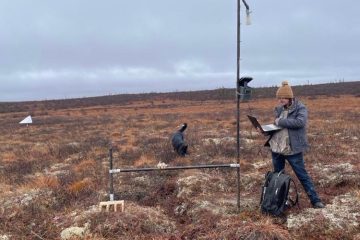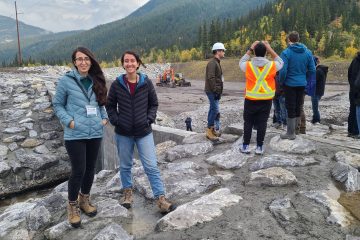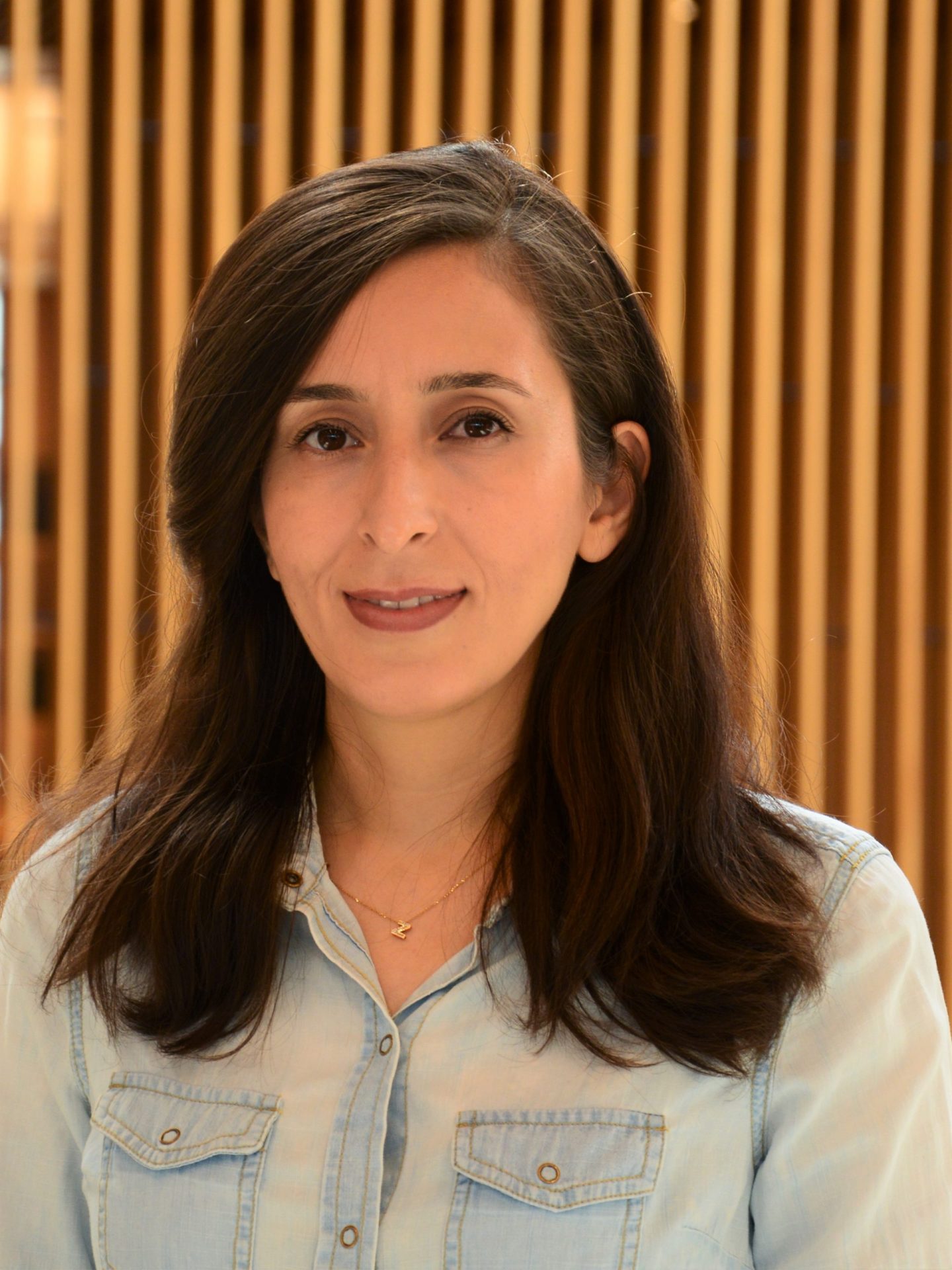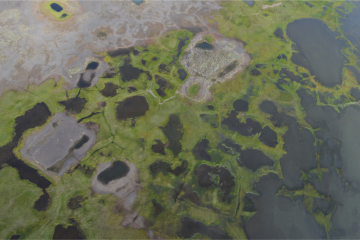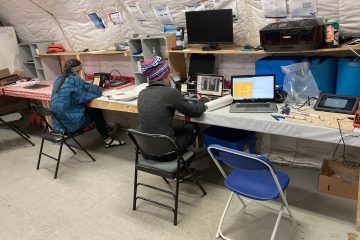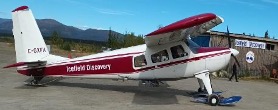Allison Plourde will be presenting Measuring Active Layer Dynamics with InSAR.
Date: 18 December 2024
Time: 13:00-14:00 Eastern Time
Location: Zoom (details are posted in our Teams site).
InSAR (Interferometric Synthetic Aperture Radar) is a well-established method for measuring small-scale surface deformations across vast regions. However, the influence of snow cover on InSAR phase limits the comprehensive tracking of seasonal dynamics in permafrost terrain. This study focuses on low-land permafrost near Inuvik, Northwest Territories, aiming to enhance understanding of permafrost active layer dynamics, particularly in winter. To tackle this, a multifaceted approach combining C-band and X-band InSAR measurements with in-situ data has been developed. Instrumentation at research sites includes inclinometers for vertical surface deformation, ultrasonic range finders for snow depth, and corner reflectors as InSAR references. This comprehensive approach aims to contribute valuable insights to the scientific understanding of permafrost monitoring techniques and addresses the impact of snow cover on InSAR measurements in permafrost terrain.

